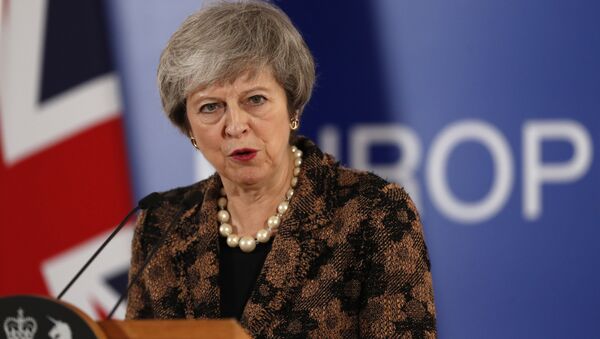The first challenge, in mid-December, came from within her own Conservative Party after her disastrously handled Brexit negotiations resulted in the resignations of a number of her own cabinet members and the House of Commons voting to hold her in contempt — a first in British history. The second challenge, mounted Wednesday by Labour Party leader Jeremy Corbyn, immediately followed the defeat of that Brexit agreement in the single largest defeat of any motion in the history of Parliament the day prior.
The final count for that vote was 202 for and 432 against.
However, May is far from out of the woods. Her Brexit deal having failed to pass Parliament, the March 29 deadline, when the UK will depart from the European Union, hangs over all political movement in the country. Brussels having demonstrated its intransigence to a fundamental renegotiation of the November deal, May must find a way to sell the deal to Commons or to push back the deadline, something she can only do with the unanimous approval of EU members. If Parliament can't agree on the Brexit deal, it risks a no-deal Brexit, which May has said would be bad for the country.
"We have a responsibility to identify a way forward that can secure the backing of the House" of Commons, May said in comments following the vote.
During Parliamentary debate on the no-confidence motion, Corbyn called May's government a "zombie government," evoking his past rhetoric that the government was "shambolic." After the vote, he said May's government must "remove the possibility of a no-deal Brexit."




